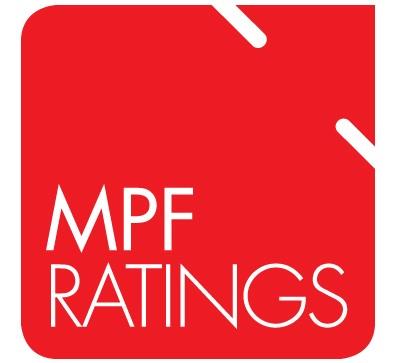share on
By Francis Chung, executive chairman, MPF Ratings
With account balances at an all time high what is an employer’s MPF responsibility?
As MPF turns 20 on 1 December, interest in Hong Kong’s HK$1.03 trillion mandatory pension system is greater than ever. But with greater interest comes greater responsibility, and where 20 years ago MPF was seen as an employer obligation, today it’s also an employee benefit – and this has implications.
According to a recent study undertaken by MPF Ratings and the Employers’ Federation of Hong Kong, while MPF has demonstrably evolved in the past two decades, and despite a growing awareness of employee financial wellness, one in three employers have not changed MPF providers since MPF’s inception.
During this period average employee MPF account balances have grown to a record HK$231,000, employees under particular circumstances have been given the ability to choose their preferred MPF scheme, and there is now an array of saving options under MPF – notably tax advantaged tax-deductible voluntary contribution (TVC) accounts.
This means employees are now more empowered than ever to save for retirement, however despite the evolution, the mandatory responsibility to offer an MPF Scheme still resides with the employer, but now with members becoming more aware of their MPF, it’s no longer good enough to merely tick the regulatory box.
Employers, especially those committed to the long term interests their employees, can assist their employees maximise their MPF benefits, and the first place to start is to assess the true value of your current MPF scheme.
Value is not simply about fees charged and investment performance. While many MPF commentators are critical of MPF’s investment performance, understand that investment performance is not fully in the control of MPF schemes, and while MPF schemes have control over fees, fees need to be considered in the context of benefits and services provided to both employers and members. Competing on fees is a race to the bottom not an ascent to the top, so low fees may come with compromises on benefit and service levels.
As an industry we share a collective responsibility to enable employees to maximise their ability to achieve their retirement objectives. MPF schemes trustees have a fiduciary responsibility to ensure member interests come first, and members have a responsibility to themselves to make decisions judiciously, but at the end of the day the initial MPF responsibility starts with the employer.
This is a potentially daunting responsibility, in particular, for HR executives who, understandably, maybe inexperienced in the field of MPF.
It’s for this reason MPF Ratings, as an independent specialist MPF research group, is pleased to partner with Human Resources to provide research, views and opinions on MPF matters for their subscribers. On a monthly basis we will provide relevant and practical insights into MPF and we encourage you to write in with your MPF issues which we will happily address through this forum.
In the meantime, if you are wondering if you’re MPF schemes is delivering value for money, MPF Ratings’ freely available MPF Scheme Form Guide may give you the independent insights to allow you to compare and contrast your MPF scheme to others in the industry.


share on
Follow us on Telegram and on Instagram @humanresourcesonline for all the latest HR and manpower news from around the region!
Related topics


